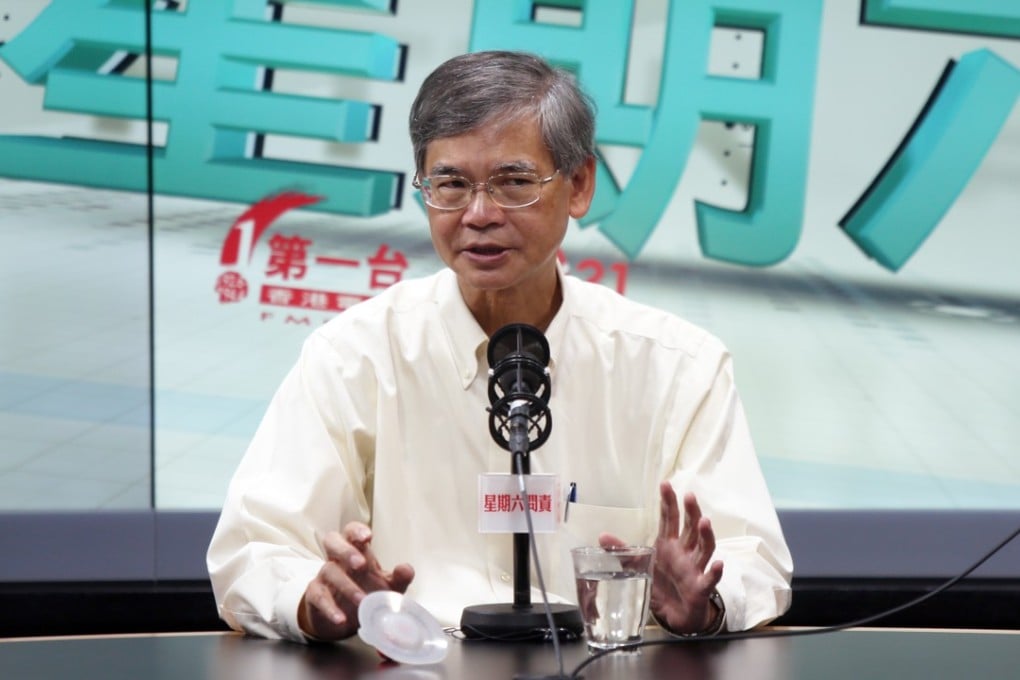Elderly in Hong Kong encouraged to volunteer, in return for care later, in ‘time bank’ projects
Labour minister says some local NGOs were encouraged to study feasibility of concept, citing models in Britain and Sweden

The Hong Kong government is happy to help non-government organisations that come up with “time bank” projects to inspire more elderly people to volunteer, the city’s labour chief revealed on Saturday.
Secretary for Labour and Welfare Law Chi-kwong told a radio programme he had encouraged some local NGOs to study the feasibility of the reciprocity-based, work trading concept as he noted many people nearing retirement could still participate in a wide range of activities.
Expand subsidy plan for domestic helpers to include more low-income elderly Hongkongers, officials urged
“The number of people aged between 55 and 59 has now surpassed other age groups in Hong Kong,” Law said. “They are retiring in a few years.”
The number of people aged between 55 and 59 has now surpassed other age groups in Hong Kong
“The elders would then receive the care services with an easy conscience,” Law said, noting Hong Kong lacked time banks, which track hours of service performed and earned. The city instead has labour vouchers that must be redeemed within a short amount of time for goods and services.
Long-term arrangements would be needed for time banking and it was not something the government could put forward in a short time, he added.